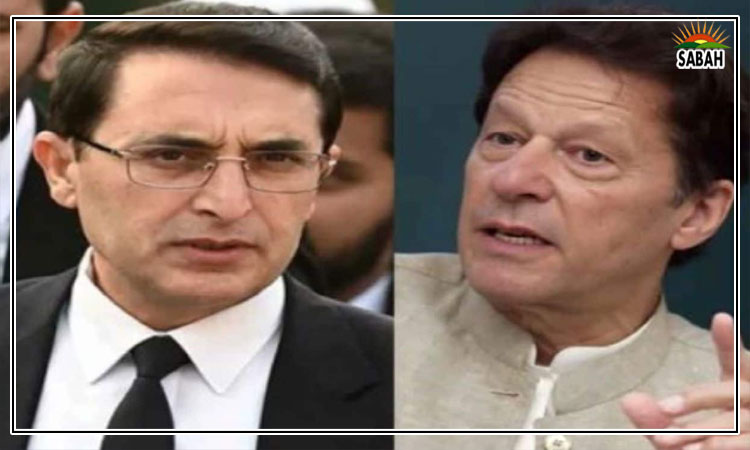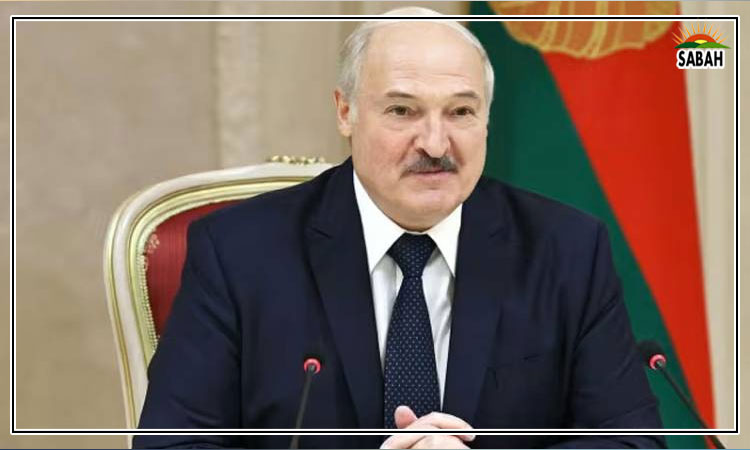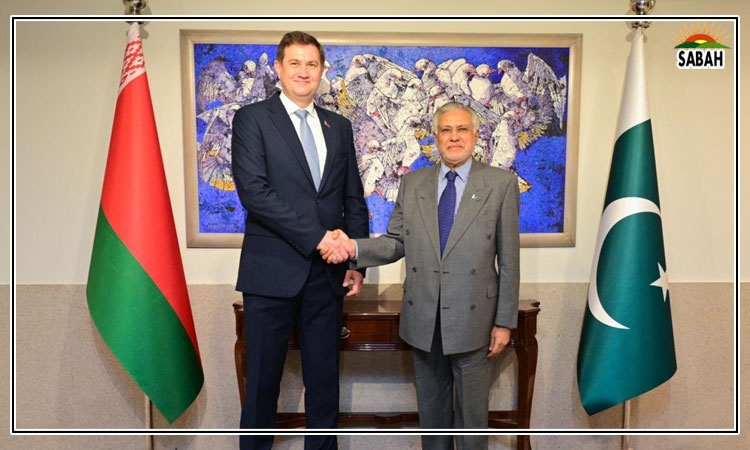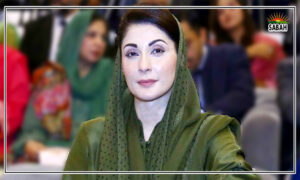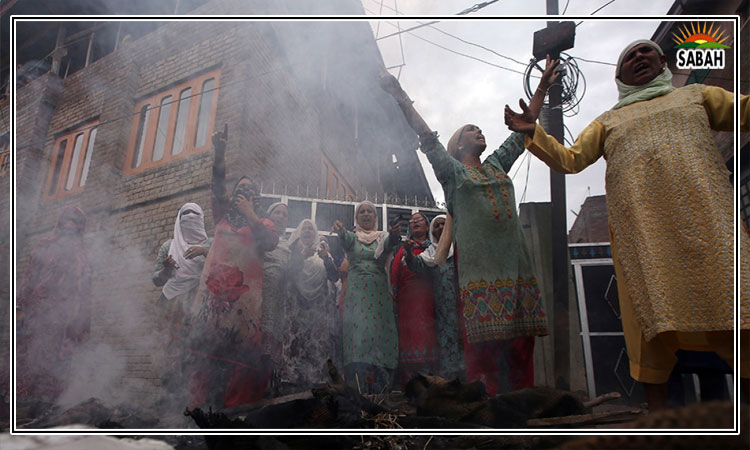Breaking the chain of corruption — Part – I…Ashraf Jehangir Qazi
Anti-corruption measures can only have cumulative success if they are part and parcel of good governance. In the absence of good governance, anti-corruption measures cannot develop any longer-term momentum even if temporary and limited improvements of efficiency in the delivery of services are possible through the adoption of improved technologies and procedures.
However, in the absence of political leadership and commitment such measures cannot fundamentally address the national menace of political, economic, social, and institutional corruption. This is testified by Pakistans experience over seven decades and is reflected in its current ranking on corruption and governance indices.
According to Friedrich Hayek, an essential condition of good governance is that laws must apply equally to everybody. And that includes the government too, whose actions must be and be seen to be subject to those laws.
The World Bank identifies three aspects of good governance: (i) the form of political regime; (ii) the process by which authority is exercised in the management of a countrys economic and social resources for development; and (iii) the capacity of the government to design, formulate and implement policies and discharge functions. If these three aspects are deficient, anti-corruption measures cannot address the problem of corruption.
The IMF has a simple definition of corruption: The abuse of public office for private gain. By and large, this has also defined the politics of Pakistan. As a former MD of the IMF has said, Corruption is a complex problem often involving multiple actors who operate in the shadows. In other words, corruption is a whole of the government problem.
Government policies, including anti-corruption policies, are determined by the government leadership the political leadership far more than the bureaucratic leadership. Accordingly, the government leadership has to create the space and the environment for the bureaucratic leadership to effectively address the problem of corruption. If this aspect is ignored or downplayed, bureaucratic anti-corruption measures however well-intentioned and efficient will increasingly become irrelevant and ineffective.
The IMF is well aware of this fact. In fact, it goes beyond to state that it is also committed to looking at transnational and national private actors who influence public officials. It cites the Panama Papers as highlighting the importance of these facilitators, and underscores the pernicious way corruption can quietly spread throughout a country and across borders. Accordingly, it defines corruption as a macro-economic issue. It goes on to say that systemic corruption undermines the ability of states to deliver inclusive growth and lift people out of poverty. It is a corrosive force that eviscerates the vitality of business and stunts a countrys economic potential. It perpetuates inequality, and limits the possibility of better paying jobs and a better life.
Moreover, as this type of corruption becomes institutionalized, distrust in government grows and poisons the ability of a nation to attract foreign direct investment. The result is a negative feedback loop from which it is difficult to break free. Every Pakistani is well aware of the truth of these statements of the IMF.
Accordingly, neither the IMF nor public opinion in Pakistan will be satisfied with anti-corruption measures being limited to strengthening the capacities of investigating agencies and increasing bureaucratic, departmental and inter-agency coordination and efficiency although these will be important ingredients of any effective war on corruption.
The simple fact is that almost every government comes into office making such promises without ever prioritizing their fulfillment. The result is that Pakistan is where it is today, and the plague of half-hearted anti-corruption measures threatens the very future of the country. In the past, policymakers relied on the strategic salience of Pakistan to be bailed out of half-implemented IMF programmes one after another. This is no longer the case unless Pakistan is willing to forfeit its economic sovereignty a process that, according to some, seems to be well underway.
Wikipedia notes that there has been no change in Pakistans bureaucratic setup since independence. This has resulted in corruption seeping into the higher echelons of bureaucracy where corruption cases are mostly reported against irregular and ex-cadre appointments. By the late 1960s, the bureaucracy was portrayed as an instrument of oppression. According to multiple reports of the World Bank, the Pakistani bureaucracy was seen as being rife with corruption, inefficient and bloated in size with an absence of accountability and resistant to change.
According to Wikipedia, East Pakistanis felt they were being systematically marginalized by the land-owning Punjabi elites who enjoyed higher bureaucratic positions, and this ultimately led to the secession of East Pakistan as a result of the corrupt malpractices of the Punjabi elite.
In 2012, Transparency International calculated that Pakistan had lost more than Rs8.5 trillion ($94 billion) in corruption, tax evasion and bad governance. According to TI Pakistan, If Pakistan checked the menace of corruption it would not require a single penny from the outside world.
More than 60 years ago, Professor Emeritus of Duke University Ralph Braibanti gave a talk in Peshawar on Reflections on Bureaucratic Corruption. Among the factors explaining the complexity of corruption, he listed the following: personal virtue; religious or moral training; colonialism; poverty; punitive measures; stage of national development; environment or the system; possibility for the public to initiate statutory law including initiative, referendum and recall; changing value systems as a result of political and socio-economic developments; and prolonged and comprehensive training so that officers are at least as competent and experienced as their subordinates.
He also listed: efficient work-flow to minimize the effects of slow or delayed decision-making on corruption; a general level of honesty and morality in political society; the influence of biradari, electables, service mafias, legislators and civil servants who choose to become rich overnight, etc on bureaucratic and political decision-making; public esteem in which the political process is held; and a degree of pride in work which is determined by an appreciation for personal excellence and the sense of being a participant in nation building and raising nation-wide living standards.
Also included: an ideology of austerity; accurate and verified disclosures of sources of income to be matched with verified levels of personal expenditures and ownership of assets; institutional measures including independent administrative courts in which corrupt bureaucratic behaviour is checked; and adequate salaries for bureaucrats who reach top positions on the basis of merit and performance instead of political patronage.
Addressing all these factors will inevitably take time but the process must get underway without loss of time. Otherwise, it will have no credibility. For the first time in Pakistans history anti-corruption will need to become genuine rather than a manifesto Jihad.
For this, in turn, the reputation of political leaders who will supposedly lead the anti-corruption Jihad will need to be above suspicion. In the absence of these prerequisites, merely blaming the bureaucracy or society in general will be an act of hypocrisy.
To be continued
Courtesy The News


